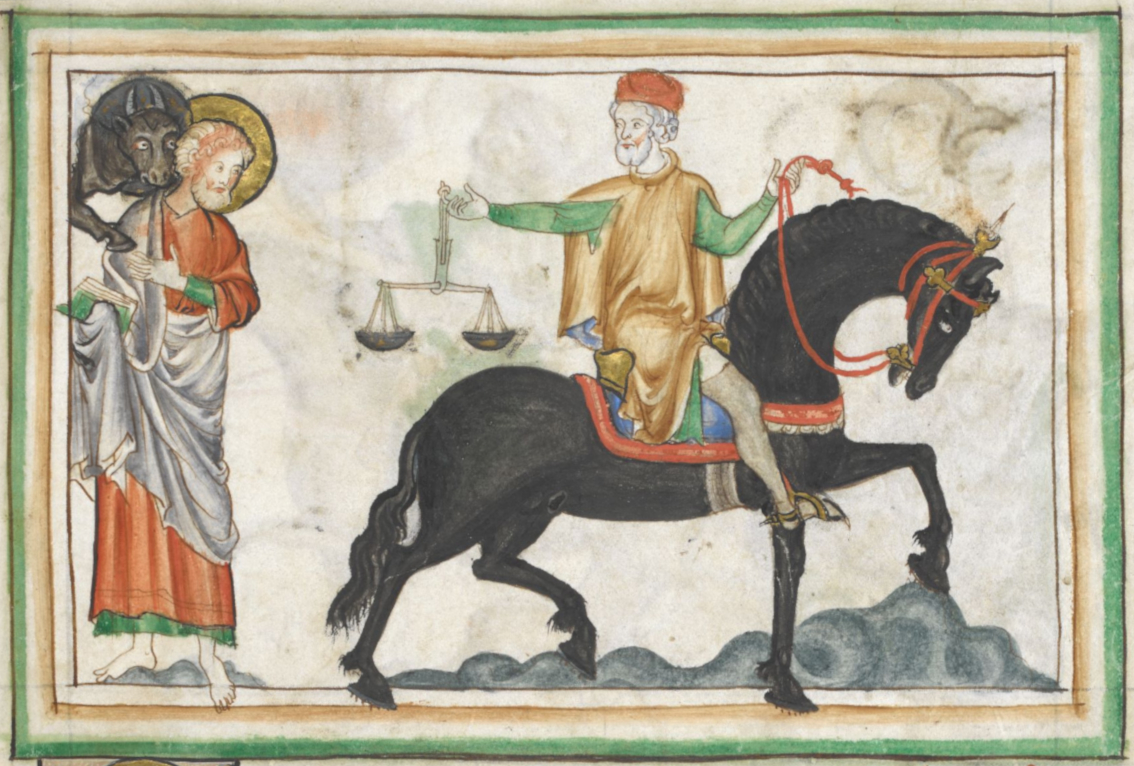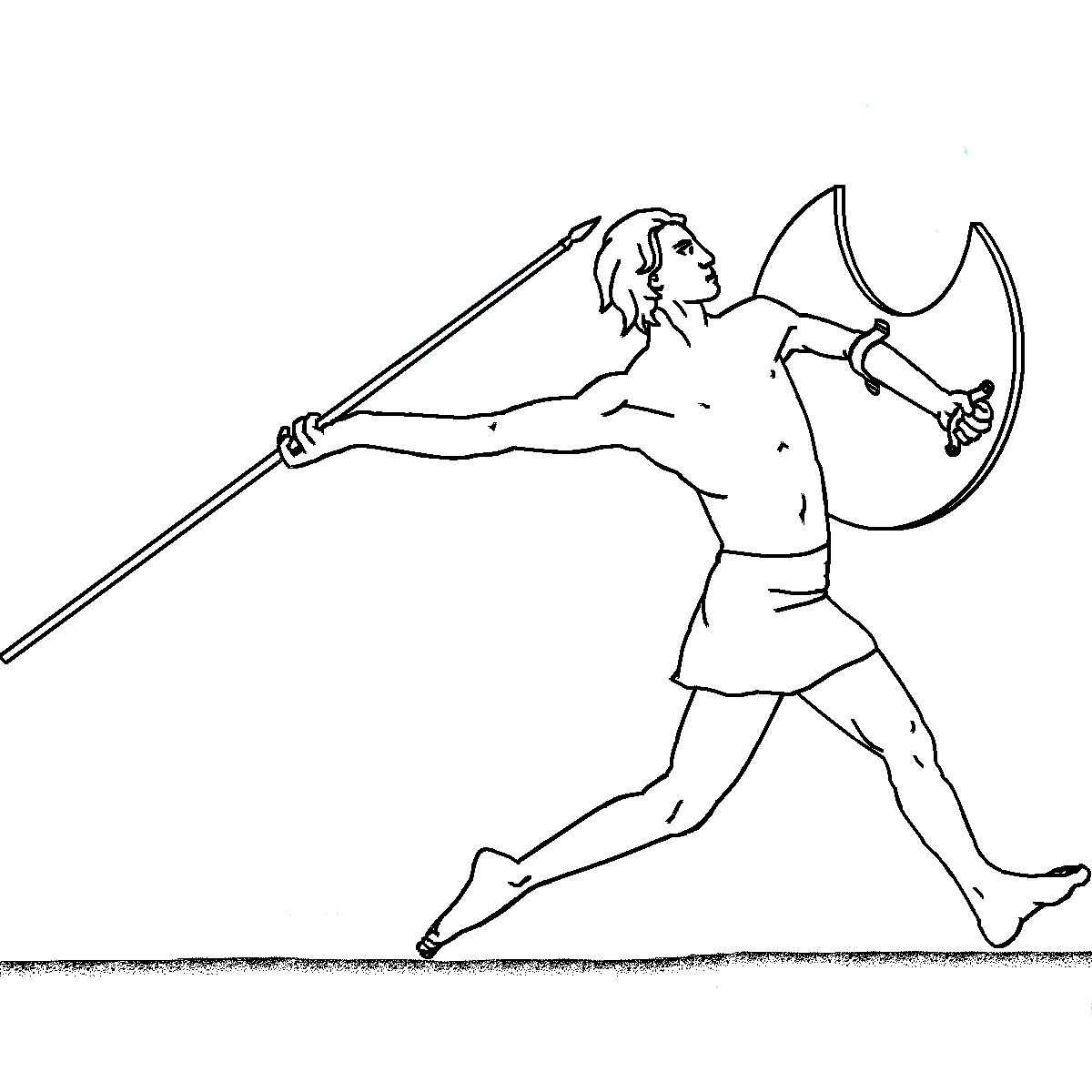|
List Of English Words Of Gaulish Origin
A list of English Language words derived from the Celtic Gaulish language, entering English via Old Frankish or Vulgar Latin and Old French ; ambassador : from Old French ''embassadeur'', from Latin ''ambactus'', from Gaulish ''*ambactos'', "servant", "henchman", "one who goes about". ; beak : from Old French ''bec'', from Latin ''beccus'', from Gaulish ''beccos''. ; bilge : from Old French ''boulge'', from Latin ''bulga'', from Gaulish ''bulgā'', "sack". ; bran : from Gaulish ''brennos'', through the French ''bren'', "the husk of wheat", "barley...". ; branch : from Late Latin ''branca'' through Old French ''branche'', probably ultimately of Gaulish origin. ; brave : from Prov/Cat ''brau'', from Gaulish ''bragos''. ; budge (lambskin) : from Old French ''bulge'', from Latin ''bulga'', from Gaulish ''bulgā'', "sack". ; brie : from Gaulish ''briga'' "hill, height" ; budget : from Old French ''bougette'', from ''bouge'', from Latin ''bulga'', from Gaulish ''bulgā''. ; bulge : fr ... [...More Info...] [...Related Items...] OR: [Wikipedia] [Google] [Baidu] |
English Language
English is a West Germanic language of the Indo-European language family, with its earliest forms spoken by the inhabitants of early medieval England. It is named after the Angles, one of the ancient Germanic peoples that migrated to the island of Great Britain. Existing on a dialect continuum with Scots, and then closest related to the Low Saxon and Frisian languages, English is genealogically West Germanic. However, its vocabulary is also distinctively influenced by dialects of France (about 29% of Modern English words) and Latin (also about 29%), plus some grammar and a small amount of core vocabulary influenced by Old Norse (a North Germanic language). Speakers of English are called Anglophones. The earliest forms of English, collectively known as Old English, evolved from a group of West Germanic (Ingvaeonic) dialects brought to Great Britain by Anglo-Saxon settlers in the 5th century and further mutated by Norse-speaking Viking settlers starting in the 8th and 9th ... [...More Info...] [...Related Items...] OR: [Wikipedia] [Google] [Baidu] |
Dune
A dune is a landform composed of wind- or water-driven sand. It typically takes the form of a mound, ridge, or hill. An area with dunes is called a dune system or a dune complex. A large dune complex is called a dune field, while broad, flat regions covered with wind-swept sand or dunes with little or no vegetation are called ''ergs'' or ''sand seas''. Dunes occur in different shapes and sizes, but most kinds of dunes are longer on the stoss (upflow) side, where the sand is pushed up the dune, and have a shorter ''slip face'' in the lee side. The valley or trough between dunes is called a ''dune slack''. Dunes are most common in desert environments, where the lack of moisture hinders the growth of vegetation that would otherwise interfere with the development of dunes. However, sand deposits are not restricted to deserts, and dunes are also found along sea shores, along streams in semiarid climates, in areas of glacial outwash, and in other areas where poorly cemented sa ... [...More Info...] [...Related Items...] OR: [Wikipedia] [Google] [Baidu] |
Gaulish
Gaulish was an ancient Celtic languages, Celtic language spoken in parts of Continental Europe before and during the period of the Roman Empire. In the narrow sense, Gaulish was the language of the Celts of Gaul (now France, Luxembourg, Belgium, most of Switzerland, Northern Italy, as well as the parts of the Netherlands and Germany on the west bank of the Rhine). In a wider sense, it also comprises varieties of Celtic that were spoken across much of central Europe ("Noric language, Noric"), parts of the Balkans, and Anatolia ("Galatian language, Galatian"), which are thought to have been closely related. The more divergent Lepontic language, Lepontic of Northern Italy has also sometimes been subsumed under Gaulish. Together with Lepontic and the Celtiberian language, Celtiberian spoken in the Iberian Peninsula, Gaulish helps form the geographic group of Continental Celtic languages. The precise linguistic relationships among them, as well as between them and the modern Insular ... [...More Info...] [...Related Items...] OR: [Wikipedia] [Google] [Baidu] |
Vassal
A vassal or liege subject is a person regarded as having a mutual obligation to a lord or monarch, in the context of the feudal system in medieval Europe. While the subordinate party is called a vassal, the dominant party is called a suzerain. While the rights and obligations of a vassal are called vassalage, and the rights and obligations of a suzerain are called suzerainty. The obligations of a vassal often included military support by knights in exchange for certain privileges, usually including land held as a tenant or fief. The term is also applied to similar arrangements in other feudal societies. In contrast, fealty (''fidelitas'') was sworn, unconditional loyalty to a monarch. European vassalage In fully developed vassalage, the lord and the vassal would take part in a commendation ceremony composed of two parts, the homage and the fealty, including the use of Christian sacraments to show its sacred importance. According to Eginhard's brief description, the ''commenda ... [...More Info...] [...Related Items...] OR: [Wikipedia] [Google] [Baidu] |
Valet
A valet or varlet is a male servant who serves as personal attendant to his employer. In the Middle Ages and Ancien Régime, valet de chambre was a role for junior courtiers and specialists such as artists in a royal court, but the term "valet" by itself most often refers to a normal servant responsible for the clothes and personal belongings of an employer, and making minor arrangements. In the United States, the term most often refers to a parking valet, and the role is often confused with a butler. Word origins In English, ''valet'' as "personal man-servant" is recorded since 1567, though use of the term in the French-speaking English medieval court is older, and the variant form ''varlet'' is cited from 1456 (OED). Both are French importations of ''valet'' or ''varlet'' (the "t" being silent in modern French), Old French variants of ''vaslet'' "man's servant", originally "squire, young man", assumed to be from Gallo-Romance Vulgar Latin *''vassellittus'' "young nobleman ... [...More Info...] [...Related Items...] OR: [Wikipedia] [Google] [Baidu] |
Truancy
Truancy is any intentional, unjustified, unauthorised, or illegal absence from compulsory education. It is a deliberate absence by a student's own free will (though sometimes adults or parents will allow and/or ignore it) and usually does not refer to legitimate excused absences, such as ones related to medical conditions. Truancy is usually explicitly defined in the school's handbook of policies and procedures. Attending school but not going to class is called ''internal truancy''. Some children whose parents claim to homeschool have also been found truant in the United States. In some schools, truancy may result in not being able to graduate or to receive credit for classes attended, until the time lost to truancy is made up through a combination of detention, fines, or summer school. Truancy is a frequent subject of popular culture. ''Ferris Bueller's Day Off'' is about the title character's (played by Matthew Broderick) day of truancy in Chicago with his girlfriend and best f ... [...More Info...] [...Related Items...] OR: [Wikipedia] [Google] [Baidu] |
Palfrey
A palfrey is a type of horse that was highly valued as a riding horse in the Middle Ages. It was a lighter-weight horse, usually a smooth gaited one that could amble, suitable for riding over long distances. Palfreys were not a specific breed as horse breeds are understood today. Etymology The word "palfrey" is cognate with the German word for a horse (of any type), ''Pferd''. Both descend from Latin, ''paraveredus'', meaning a post horse or courier horse, itself deriving from Gaulish ''vorēdos''. The German term for a palfrey, meanwhile, is ''Zelter'', which literally means '' ambler'' and is cognate with the Icelandic, ''tölt''. Breeding A palfrey usually was the most expensive and highly bred type of riding horse during the Middle Ages, sometimes equalling the knight's destrier in price. Consequently, it was popular with nobles, ladies, and highly ranked knights for riding, hunting, and ceremonial use. Oakeshott, Ewart. ''A Knight and his Horse'', Rev. 2nd Ed. USA:Dufou ... [...More Info...] [...Related Items...] OR: [Wikipedia] [Google] [Baidu] |
Javelin
A javelin is a light spear designed primarily to be thrown, historically as a ranged weapon, but today predominantly for sport. The javelin is almost always thrown by hand, unlike the sling, bow, and crossbow, which launch projectiles with the aid of a hand-held mechanism. However, devices do exist to assist the javelin thrower in achieving greater distance, such as spear-throwers or the amentum. A warrior or soldier armed primarily with one or more javelins is a javelineer. The word javelin comes from Middle English and it derives from Old French ''javelin'', a diminutive of ''javelot'', which meant spear. The word ''javelot'' probably originated from one of the Celtic languages. Prehistory There is archaeological evidence that javelins and throwing sticks were already in use by the last phase of the Lower Paleolithic. Seven spear-like objects were found in a coal mine in the city of Schöningen, Germany. Stratigraphy, Stratigraphic dating indicates that the weapons are abo ... [...More Info...] [...Related Items...] OR: [Wikipedia] [Google] [Baidu] |





